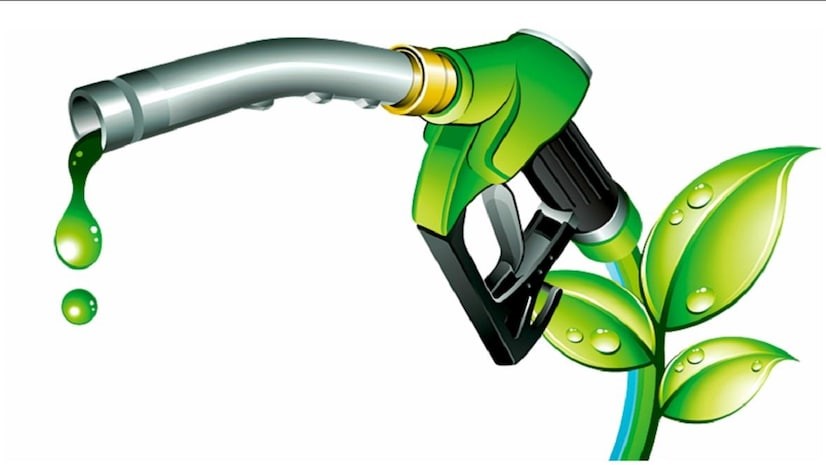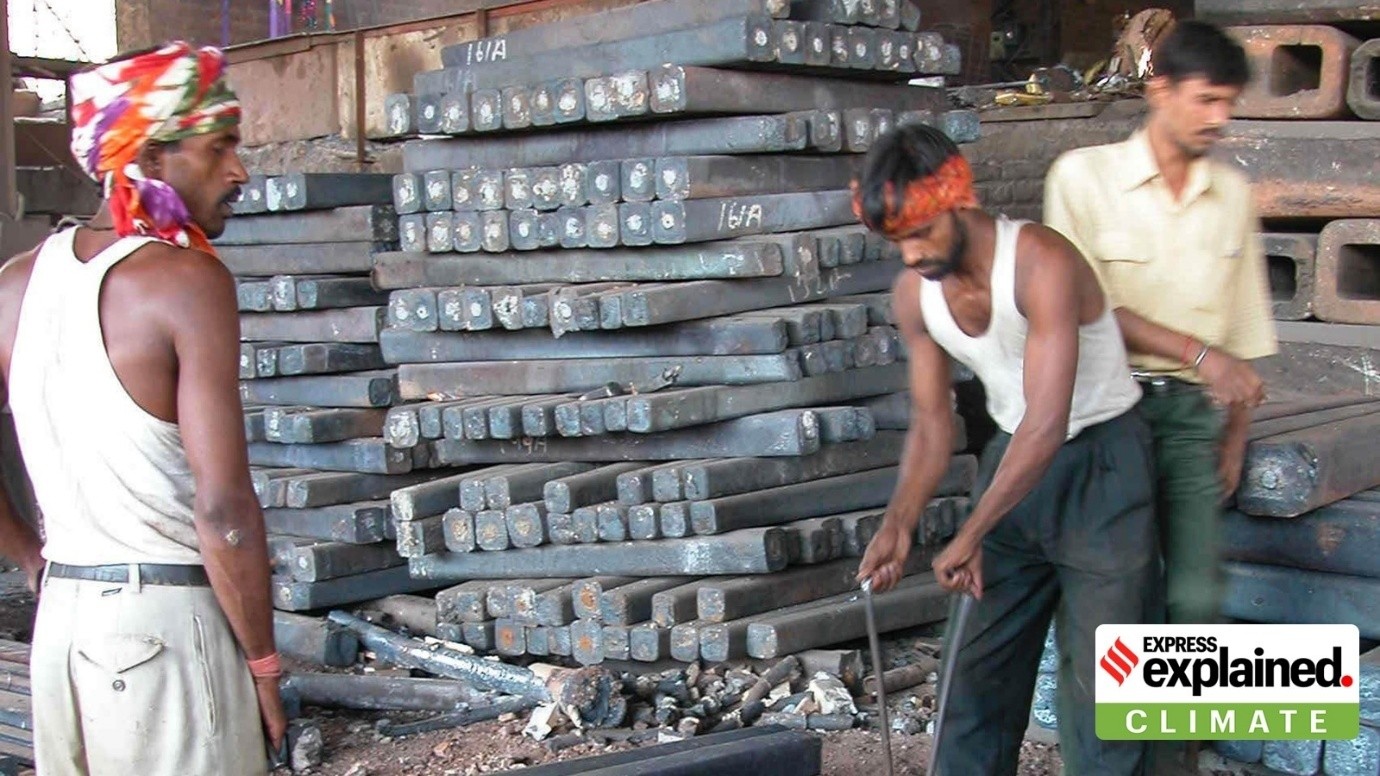Description

Disclaimer: Copyright infringement is not intended.
Context:
- Global Biofuel Alliance (GBA) has adopted a work plan focused on assessing country landscapes, drafting policy frameworks, and conducting biofuel workshops, at a key meeting of the body held on the sidelines of the G20 deliberations in Brazil.
Work Plan contains the following:
- It aims to assess country landscapes, draft policy frameworks, and conduct workshops to expedite biofuel adoption worldwide.
- Immediate goals include setting standards for biofuel, expanding formal biofuel markets, and mapping demand and supply.
|
Global Biofuel Alliance (GBA)
|
|
About
|
●It was launched during the 2023 G20 summit in New Delhi with the aim of promoting biofuel usage globally.
|
|
Membership
|
●24 countries, including G20 and non-G20 nations like South Africa, Kenya, Uganda, and potentially Tanzania, have joined the GBA.
●African nations, in particular, show significant interest in the initiative.
|
|
Key Players
|
●India and Brazil are the main drivers behind the GBA, with shared long-term goals regarding biofuels.
●Brazil's leadership as the current G20 chair has provided impetus to the initiative.
|
|
Governance Structure and Secretariat
|
●Currently, it lacks a charter and permanent secretariat.
|
|
Global Engagements
|
●The GBA has actively engaged in global forums such as the United Nations COP28 Summit, World Economic Forum in Davos, and the G7 energy minister's meeting in Italy.
●These engagements aim to build the profile of the GBA and showcase its plans and objectives on a global stage.
|
|
India's Role and Goals
|
●India sees the GBA as a platform to position itself as a climate and sustainability champion and amplify its voice in global discussions.
●By assisting lower and middle-income countries in starting biofuels programs, India aims to bridge the gap between production and procurement.
|
Initiatives taken by India to promote biofuels:
- National Policy on Biofuels (2018):
- The National Policy on Biofuels aims to achieve blending targets of 20% ethanol in petrol and 5% biodiesel in diesel by 2030.
- Recently amendment was made where Instead of 2030, the Centre plans to move ahead with its ethanol blending target of 20% of petrol containing ethanol by 2025-26
- It categorizes biofuels into first-generation (1G), second-generation (2G), and third-generation (3G) biofuels, emphasizing the promotion of advanced biofuels.
- The policy promotes the use of surplus food grains, agricultural residues, and non-edible oilseeds for biofuel production to minimize competition with food crops.
- Ethanol Blending Program (EBP):
- India has set a target of achieving 10% ethanol blending with petrol (E10) by 2022 and subsequently increasing it to 20% (E20) by 2030.
- As of 2022, ethanol blending in petrol stands at around 8.5%.
- The government has announced various measures to increase ethanol production, including incentivizing ethanol production from surplus food grains and sugarcane juice.
- Biodiesel Purchase Policy:
- India aims to achieve 5% blending of biodiesel with diesel by 2030.
- The government provides fiscal incentives and support prices under this to encourage the production of biodiesel from non-edible oilseeds such as Jatropha, pongamia, and used cooking oil.
- National Biofuel Coordination Committee (NBCC):
- NBCC was constituted under the Chairmanship of the Minister, of Petroleum & Natural Gas (P&NG) to provide overall coordination, effective end-to-end implementation, and monitoring of the biofuel program. NBCC has members from 14 other ministries.
- It plays a crucial role in monitoring the progress of biofuel projects, addressing bottlenecks, and formulating policies to promote biofuel development.
- Research and Development Initiatives:
- India has several research institutions and centers dedicated to bioenergy research and development, including the Indian Institute of Petroleum (IIP), Indian Oil Corporation's R&D center, and the Council of Scientific and Industrial Research (CSIR).
- Research focuses on improving biofuel production processes, developing efficient conversion technologies, and exploring novel feedstocks.
- Biofuel Projects and Investments:
- India has witnessed significant investments in biofuel projects, including ethanol and biodiesel plants.
- Public and private sector investments have been made in setting up ethanol distilleries, biodiesel refineries, and biomass-based power generation units.
- Promotion of Alternative Feedstocks:
- India is exploring alternative feedstocks such as lignocellulosic biomass, algae, and industrial waste for biofuel production.
- The government provides support for research and development projects aimed at commercializing advanced biofuels from non-food biomass sources.
Details about biofuels:
https://www.iasgyan.in/daily-current-affairs/biofuels-27
Conclusion:
- The International Energy Agency (IEA) projects significant growth in biofuel usage by 2050 due to Net-Zero targets. Despite being the third-largest producer of ethanol globally, India's contribution to global procurement remains relatively low.
Source:
https://www.business-standard.com/economy/news/global-biofuel-alliance-sets-up-three-pronged-work-plan-says-govt-124050500378_1.html
|
PRACTICE QUESTION
Q.Consider the following statements about Global Biofuel Alliance:
- It has a permanent secretariat in New Delhi.
- It was launched in the 2023 G20 summit in New Delhi with the aim of promoting biofuel usage globally.
- More than 90 countries have so far joined the alliance.
- It puts forth a binding agreement based on the GBA charter.
How many of the above statements is/are correct?
A.Only one
B.Only two
C.Only three
D.All Four
Answer: A
|











